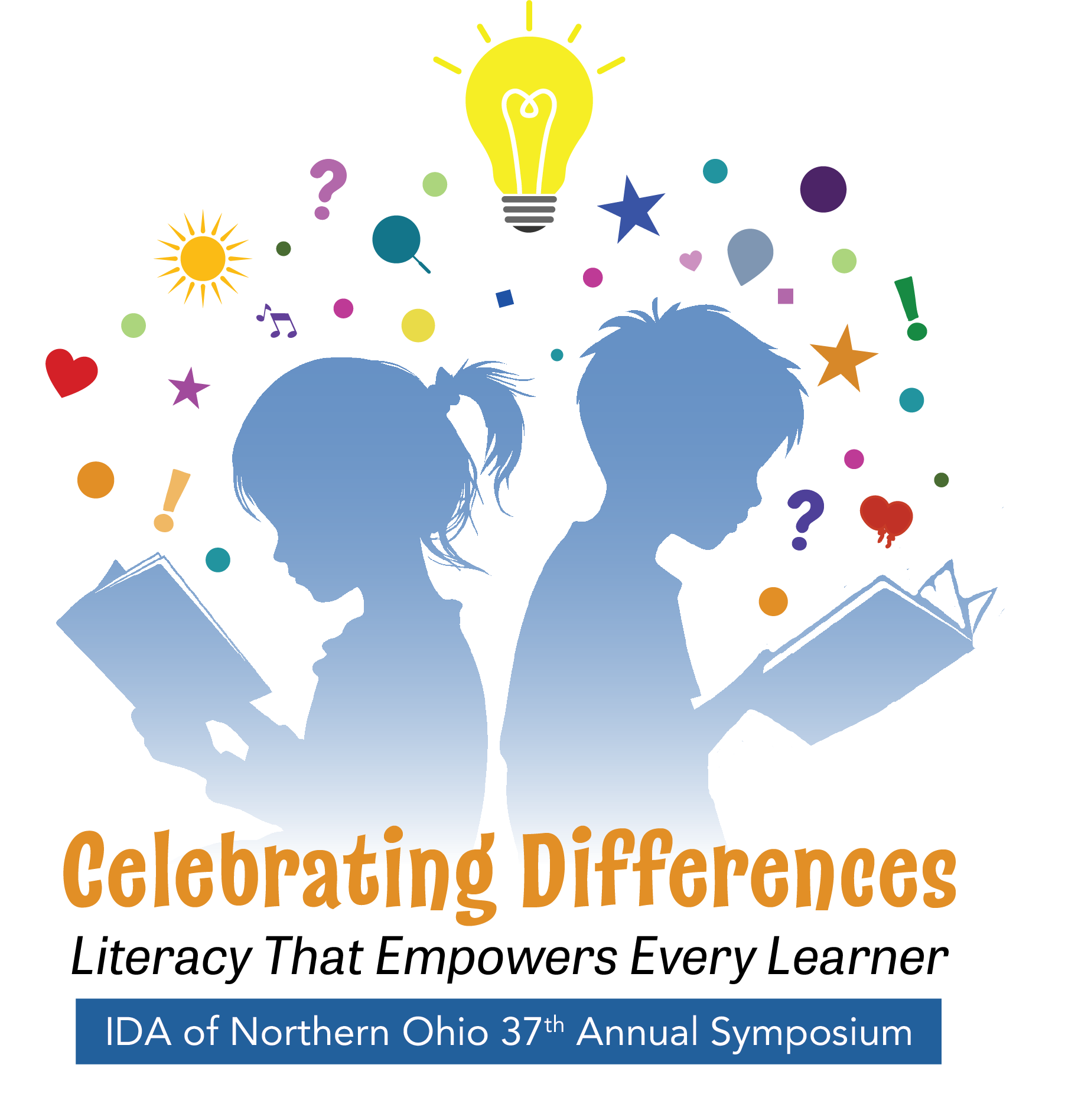|

Thank You to Everyone Who Attended
In-Person on November 14, 2025!
Virtual Presentations
Available November 14, 2025 until May 1, 2026
Virtual Registration:
Member: $202.50 | Non-Member: $225 |
Undergrad Student: $50
MTSS: Building Systems That Empower Every Learner
Dr. Stephanie Stollar
Word Problem Problems? A Focus on Routine and Directive Word Problems
Dr. Sarah Powell
Assessment as a Tool for Empowerment: A Parent’s Guide to Participating in Literacy Evaluations
Dr. Jennifer Murphy
The Cognitive Science of Retention: Helping Students with Dyslexia Remember What They Learn
Angie Schaal, Ed.S.
Getting Personal with the Science of Reading
Julie Hicks, M.Ed
Sound Foundations: The Latest Research of Teaching Phonemic Awareness and Phonics to Empower All Learners
Dr. Sarah Cooey
Dyslexia 101: A Parents’ Primer on All Things Dyslexia
Sue Grzybowski, MBA
Both/And: BOTH Meeting Students Where They Are AND Supporting Core Classroom Learning
Maggie Hatcher, M.Ed., MAEL, W.D.P., ODEW
The Power of the Pen: How the Reciprocal Relationship of Writing and Reading Builds Brain Pathways
Amanda Upp
|